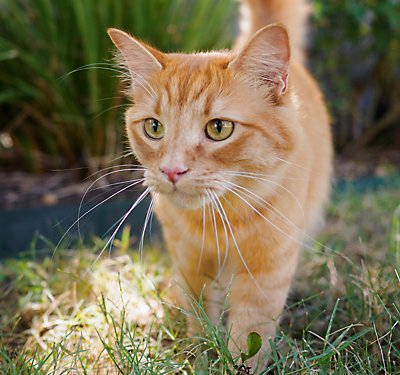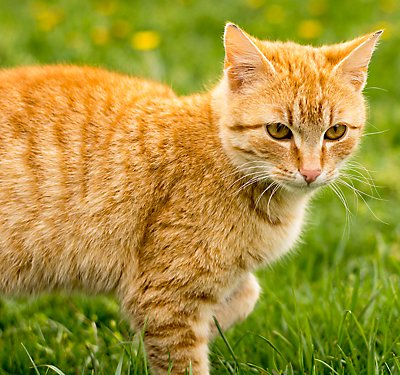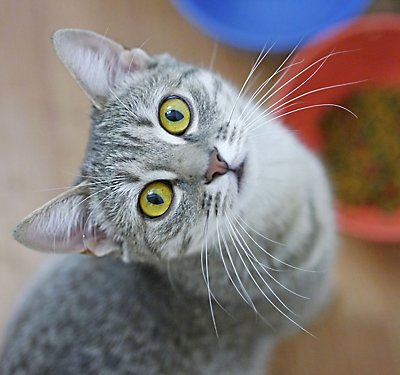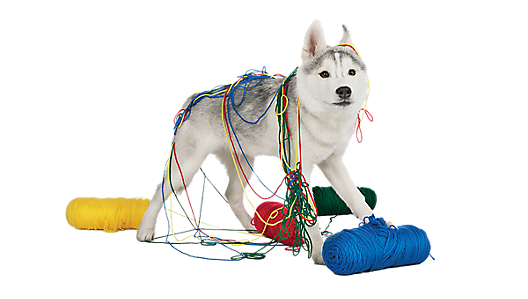
 top
top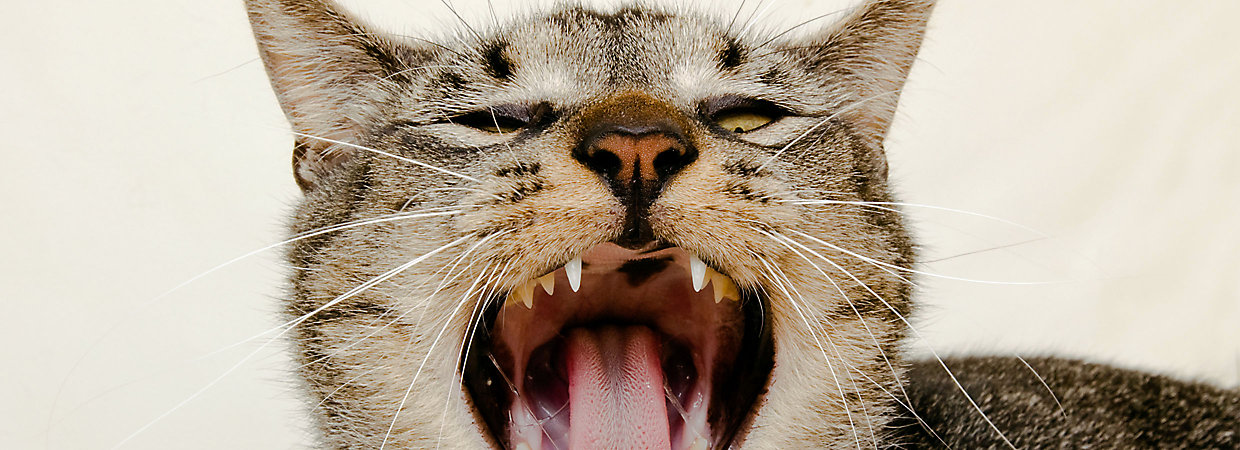
CAT / nutrition
5 Tips for Healthy Cat Teeth
Overview
What do healthy cat teeth look like and what does it take to maintain them? Not every pet parent realizes that they play a huge role in their cat’s dental health. Your cat’s teeth need help just like yours do. What does this mean, exactly?
Just like your dentist recommends you brush your teeth on a regular schedule to prevent issues like cavities, plaque or gum disease, vets recommend consistent dental routines for pets.
The Importance of Taking Care of Your Cat’s Teeth:
Dental disease is extremely common in cats. It is thought that as many as 90% of cats 4 years and older have some form of dental disease. It’s common for a number of reasons, but mostly due to a lack of awareness surrounding the importance of cat dental health.
Healthy cat teeth don’t happen all by themselves. The good news is that many forms of dental disease are preventable and treatable before severe conditions occur.
It’s vital to take care of your cat’s teeth because, when left untreated, a lot of issues can come up. A few important terms along with the most common types of dental disease in cats includes:
- Plaque - This is a substance that forms on the teeth after they eat. It is made of food particles and bacteria.
- Tartar - Hardened calcium deposits called tartar, which builds up over time, can also contribute to dental disease.
- Gingivitis - This is an inflammation of the gums that is caused by plaque/tartar buildup on the teeth. Plaque can move up the tooth and can make its way below the gumline causing irritation and inflammation.
- Periodontitis - This is a more severe form of gingivitis that includes the gums, ligaments, and bone. This is an infection that can cause a cat to lose support in their teeth and can sometimes lead to dangerous infections.
- Stomatitis Syndrome - Also known as feline gingivitis, stomatitis syndrome is when a cat’s mouth reacts really intensely to whatever dental disease is in their mouth. It can cause cats to be in a lot of pain, drool, have stinky breath and not want to eat.
While this list of cat dental diseases sounds scary, they can be preventable with tooth care. The right tooth care can lead to healthy cat teeth. So what are some tips for healthy cat teeth and preventing these kinds of issues?
5 Tips for Healthy Cat Teeth
It is important to note that your vet is the best source of information when it comes to your cat’s dental hygiene. They can help you understand the best ways to help your cat and what products to use. They can also examine your cat for any potential dental problems.
1 - Brush Their Teeth
By far the best way to achieve healthy cat teeth is to start brushing them. Just like brushing your teeth keeps away plaque and bacteria, it can help your cat in the same way! It is not always easy to introduce brushing to your cat. In fact, many will have a lot to say if you try to stick something they don’t want in their mouth. It is important to try because a good brushing routine can really help maintain healthy cat teeth.
2- Use Products Made for Cats
It’s important to only use products that are specifically designed for cat use. This includes things like cat toothbrushes and cat toothpaste. Sometimes these products come in delicious flavors that can hopefully help cats look forward to their dental routine.
3 - Start Young and Be Persistent
When introducing tooth brushing to your cat, pet parents need to do their best to be patient. It might take a while for your cat to get used to the sensation of brushing or the taste of the toothpaste. Parents whose cats like their personal space might find that this process takes a very long time. In the best scenario, pet parents can start brushing their cat’s teeth when they are young. It can be easier to introduce things like this to your feline friend when they are still learning, growing and developing.
Whatever you do, don’t give up. Keep trying and working with your cat until the both of you master the dental routine.
4- Get Help From a Professional
If brushing your cat’s teeth yourself just isn't an option, there are still plenty of resources. Many veterinarians offer teeth cleaning services, where they remove any plaque/tartar from your cat’s teeth, also assessing them for any potential dental problems. You can always schedule an appointment with your vet to improve the health of your cat’s teeth.
5 - Use Cat Dental Health Products
There are tons of dental cat products designed specifically to support cat dental health. Some of those products include cat dental treats or dental spray-ons. Treats can help scrape and remove plaque from a cat's teeth and sprays can help freshen breath and kill bacteria.
Ultimately, establishing a good dental routine with your cat is an important part of their overall health and happiness. To shop other cat dental care and wellness products, click here.
Information in this article is not intended to diagnose, treat or cure your pet and is not a substitute for veterinary care provided by a licensed veterinarian. For any medical or health-related advice concerning the care and treatment of your pet, contact your veterinarian.























